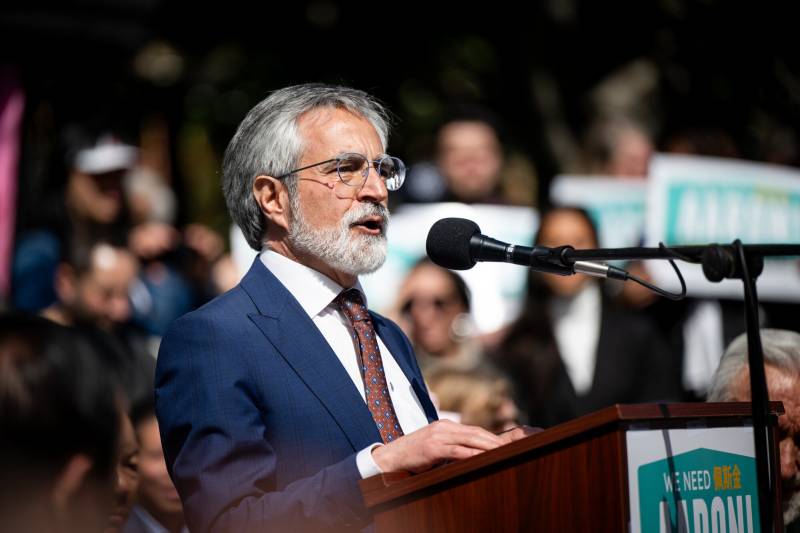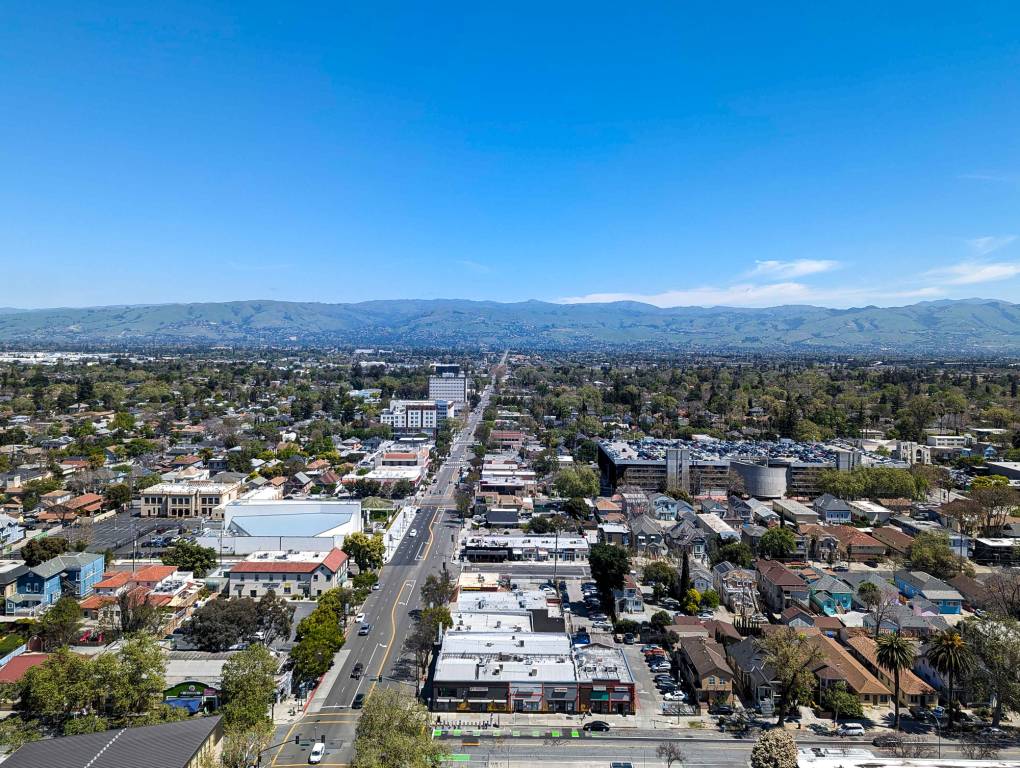Updated 11:45 a.m. Tuesday
A new proposal from San Francisco Board of Supervisors President Aaron Peskin aims to protect longtime small businesses along Fillmore Street from displacement as some say a burgeoning property owner is pushing them out.
Peskin, who is running for mayor, announced the plan on Monday in the historic Upper Fillmore area of Pacific Heights, where a group of mom-and-pop shops say a wealthy local resident has bought or helped purchase several buildings.
“We are here today to highlight a new threat to local small businesses that are part of the fabric of our communities in San Francisco all over this city and to draw a very clear line in the sand,” Peskin said outside the 45-year-old Café La Méditerranée.
The proposed legislation would create a new conditional use authorization, essentially requiring landlords to present their real estate plans and gain approval from the Planning Commission to evict or replace certain businesses in the Upper Fillmore Neighborhood Commercial District. The interim controls would only apply to official legacy businesses, which have been operating for at least 30 years, and neighborhood anchor businesses, which have been around for 15 years.

